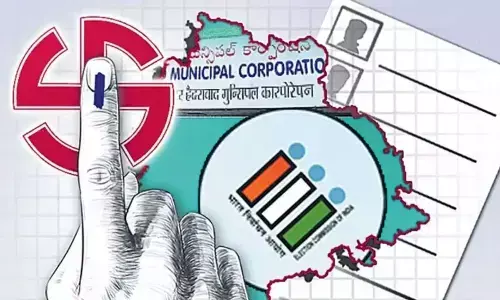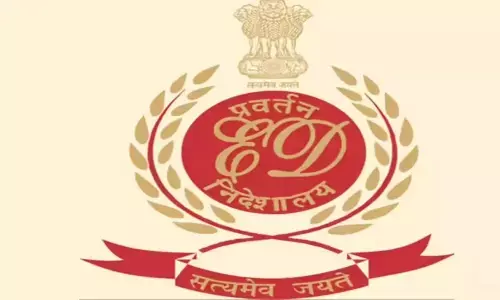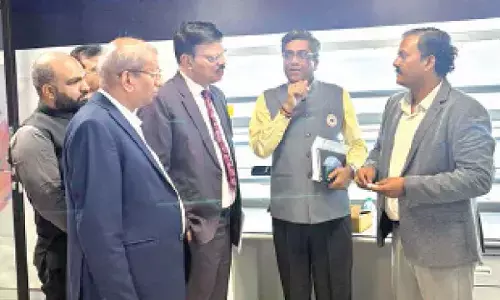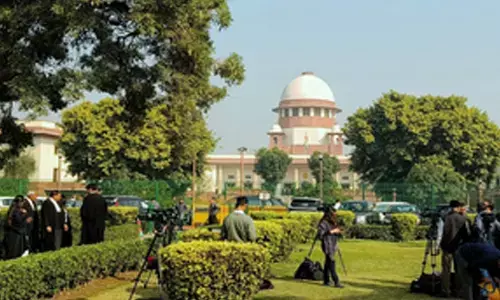The Goods and Services Bill: Highlights of GST
.jpg)
The Bill amends the Constitution to introduce the goods and services tax (GST). Parliament and state legislatures will have concurrent powers to make laws on GST. Only the centre may levy an integrated GST (IGST) on the interstate supply of goods and services, and imports. Alcohol for human consumption has been exempted from the purview of GST. GST will apply to five petroleum products at a later
The Bill amends the Constitution to introduce the goods and services tax (GST). Parliament and state legislatures will have concurrent powers to make laws on GST. Only the centre may levy an integrated GST (IGST) on the interstate supply of goods and services, and imports. Alcohol for human consumption has been exempted from the purview of GST. GST will apply to five petroleum products at a later date.
The GST Council will recommend rates of tax, period of levy of additional tax, principles of supply, special provisions to certain states etc. The GST Council will consist of the Union Finance Minister, Union Minister of State for Revenue, and state Finance Ministers.
The Bill empowers the centre to impose an additional tax of up to 1%, on the inter-state supply of goods for two years or more. This tax will accrue to states from where the supply originates. Parliament may, by law, provide compensation to states for any loss of revenue from the introduction of GST, up to a five year period.









